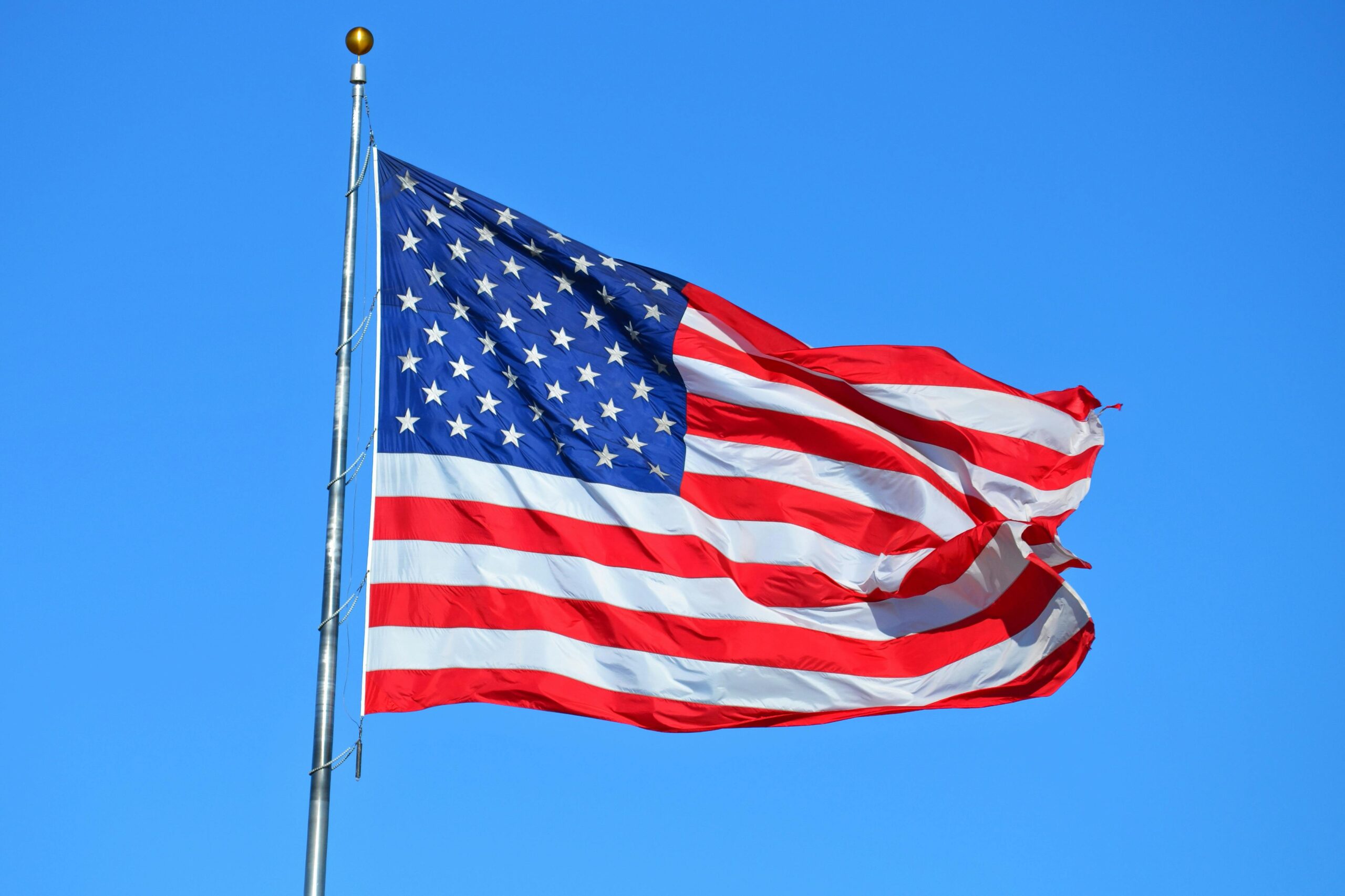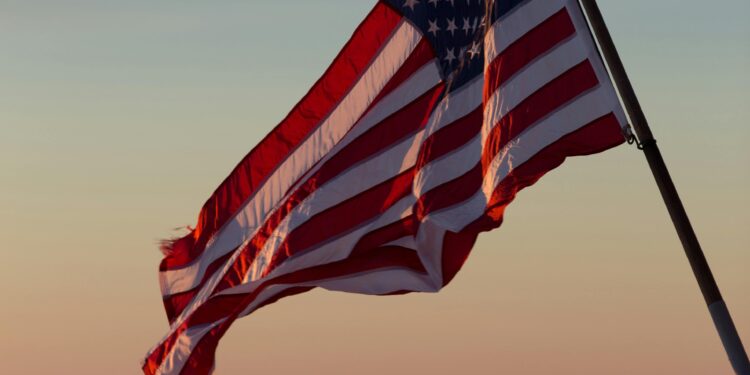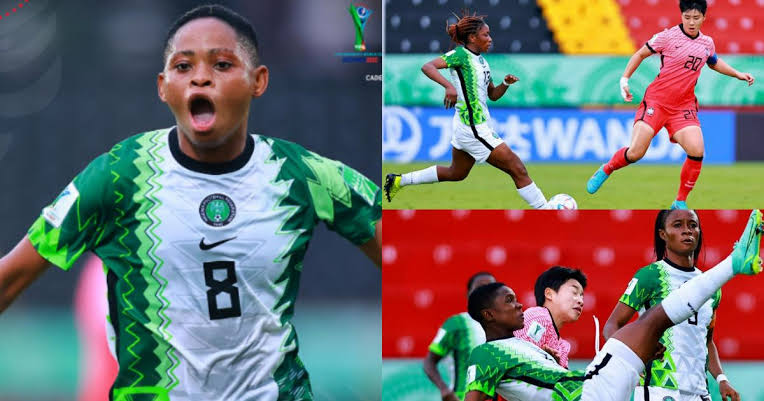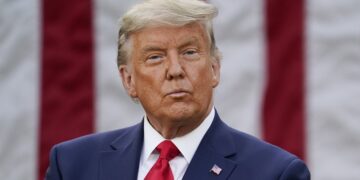In a dramatic play of events, China’s top diplomat and Donald Trump have engaged in discussions over the likelihood of a US-China collaboration. This is coming despite the turbulent relationship between the two superpowers, especially after the COVID-19 pandemic soured their relationship.
China’s Foreign Minister Wang Yi had diring a forum in Beijing, expressed hope that the incoming Trump administration would “make the right choice” and work harmoniously with Beijing. He also emphasized the need for mutual benefits and overcoming obstacles.

Meanwhile, Trump, in his first news conference since his election victory, reminisced about his past relationship with Chinese President Xi Jinping, calling Xi “an amazing guy” and admitting that the pandemic had strained their friendship.
“We had a very good relationship until COVID,” the Us president-elect had said, adding that the pandemic was a “bridge too far” for him.
Trump had during his first term, started a trade war that disrupted global supply chains, increased inflation, and hiked borrowing costs worldwide.
Now for his second term, Trump has hinted at picking up where he left off, planning to impose an additional 10% tariff on Chinese goods to push China to curb fentanyl flows into the US. He also vowed to end China’s most-favored-nation trading status and put tariffs on Chinese imports, potentially exceeding 60%—much higher than during his first term.
China, for its part has expressed that it is gearing up for tough negotiations. Political pundits have even suggested that Beijing is gathering bargaining chips to address contentious issues like trade, investment, and technology with the new US administration.
Wang Yi also made it clear that China was opposing the US’s “illegal and unreasonable suppression” and will respond firmly to any interference in its internal affairs, such as Taiwan.
Despite his tough talk, however, Trump believes that the US and China can solve global problems together. “China and the United States can together solve all of the problems of the world, if you think about it,” he said.
However, given his appointment of strict and firm politicians to key roles, this might mean that he is taking a more confrontational approach than he did for his first term.

















